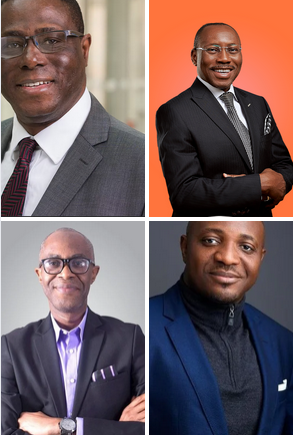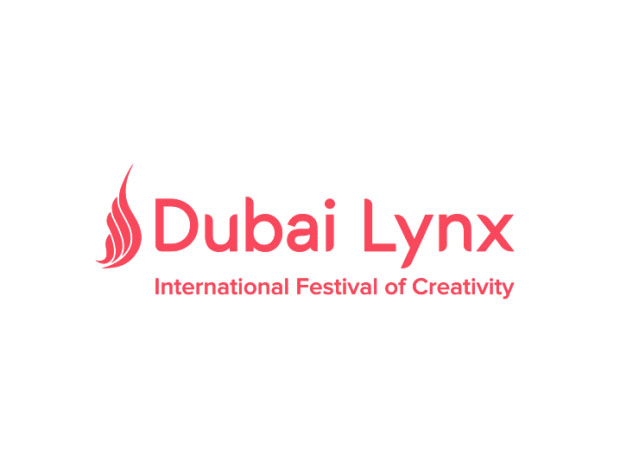To better negotiate with Google, Facebook, and others in the ad tech ecosystem, Nestlé has set up an internal division that will house digital experts from different holding companies.
Called the Global Digital Media Centre of Competencies (DCoC), it’s being led by Nestlé’s global head of sales and e-business, Sebastien Szczepaniak, alongside global head of marketing and consumer comms, Tom Buday.
The four major holding companies that it works with – WPP, Publicis, Dentsu and IPG – have all supplied digital specialists that will now sit alongside Nestlé execs within hubs in the UK and US, though more will be added in due course. Nestlé declined to name members of the team or put an exact figure on how many people it had gathered.
This group will be responsible for setting standards and establishing processes that will aim to “boost accountability and effectiveness” of the chocolate-maker’s digital media, Szczepaniak said, which currently accounts for 40% of its global advertising spend (65% of which is programmatic).
It’s a hybrid model born from the realization that the business couldn’t sit back and “hope” that the current problems it faces with the agencies, suppliers and platforms in the digital supply chain would improve. Nor could it take everything in-house.
“We believe in this third way which is to keep on working with agencies but on a different level. And that would be to pick and choose the right experts depending on the competencies we want to create internally, make them work under the same roof, and set some very clear KPIs,” Szczepaniak explained.
“We’ll own and control those KPIs and [DCoC] will transfer the knowledge to improve the working media in local markets.”
The group will work on six key “competencies” to begin with: audience operations; retail media; dynamic creative optimization; ad operations; supply and trading; and transparency.
It will also be responsible for helping local markets establish new contracts with demand side platforms (DSPs), supply side platforms (SSPs) and publishers.
Nestlé has already culled the number of SSPs on its roster from over 65 to just 10 but it is still looking to forge more direct relationships on what it calls “Nestlé negotiated terms” – including guarantees for inventory quality, scale and analytics – across the ecosystem.
The process for this will see the DCoC take responsibility for the setting the terms of these contracts for local markets.
“If we need to discuss with Verizon a new contract in a market, the markets will ask the DCoC to provide the negotiations framework, the transparency we need, and the standards we’re talking about,” asserted Szczepaniak.
The experiment should also smooth tensions Nestlé has faced with supply chain partners following the set-up of its own DMP. Earlier this year, Teresa Fusaro, Nestle’s product manager for programmatic media, said she was meant with resistance from certain unnamed partner on its roster, reticent to commit their resource to a client’s unique tech stack without an incentive.
“In some cases they’ll say it’s not in the scope with the contract they have with us so they want to charge additional costs to us,” Fusaro said at the time, explaining that contracts were having to be renegotiated as a result.
In this drive for transparency, the discussions with the industry’s walled gardens have already begun in earnest. Google, for example, has been on the receiving end of the new group’s thoughts on how to “reshuffle” the partnership to improve “standards”.
“Of course, for some of the walled gardens it may create some friction but that means if we are not reaching the level of transparency or quality to our negotiated terms, we will stop or slow down our partnerships with some of the walled gardens,” Szczepaniak warned.
Source: The Drum






Comment
No comments found.